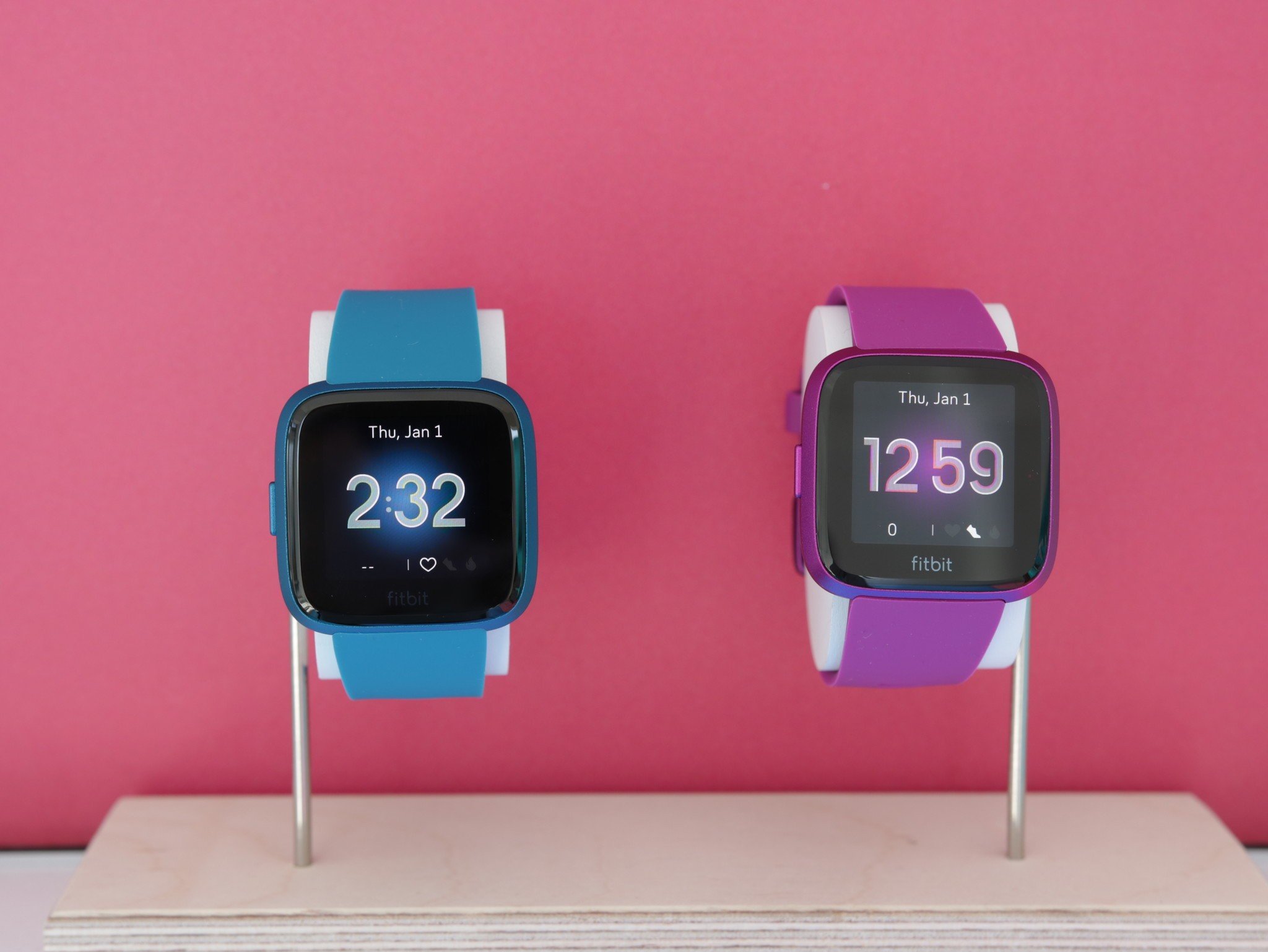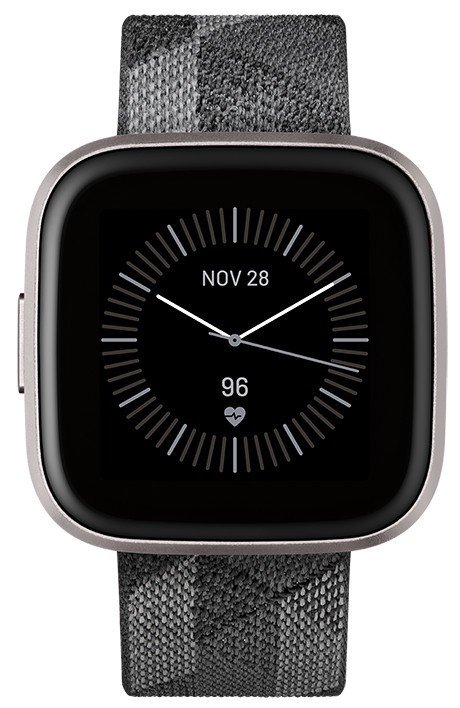A look at why Fitbit users hated Google buying the company

Most of the online chatter about how Google buying Fitbit is a crisis waiting to happen has died down. That's good in some ways while being bad in other ways. It seems all good crises are that way. With the dust settled, I've spent some time looking at how it all played out and have come to what I think is a group of interesting observations: a lot of people do not like Google at the company level, and a lot of other people try to capitalize on that fact.
You shouldn't blindly trust Google when it comes to your data. The minute we stop questioning is the minute it can do whatever it likes.
It's perfectly OK, even healthy, to not like Google. What the company does to make money can seem sneaky or even dangerous. When a single company can build such a strong and well-fitting profile on us through data collection, being uneasy is a good thing. Even if you have a good understanding of how Google does what it does, and more importantly why it does it the way it does, skepticism is warranted. I use Google products and understand the value of what I give for the services I get in return but still don't like giving so much away.
But that's not what I'm talking about here. I'm talking about people who aren't quite sure how Google makes money, only to have the company buy out their favorite fitness wearable manufacturer. Those folks have oodles of data stored through Fitbit and are rightly concerned about what Google is going to do with it all. That's healthy concern and I wish more people cared enough to have it. If this is you, the tl;dr is that Google will let you yank it all away if you like, but if you don't, they aren't going to monetize any of the data you've previously stored.
More: What Google plans to do with your Fitbit data
This sort of concern only becomes a problem because of the misinformation that surrounds it. You've likely seen a social media post about how Google is so evil it will sell all your health data away now that it has purchased Fitbit (assuming regulatory approval is given). Some of these postings are from people who know better, but also know that feeding into user fears is a great way to promote yourself or your company. The same way that the "Apple is killing the planet by using rare-earth metals" is designed to confirm your bias, articles or posts like "Google now has all your health data and you should be terrified" is. Both are nonsense and I am disappointed at several people about what I've seen in this space.
But it works. Telling users that Google plans to sell your health data or show you personalized ads for health products is done because at some level, we're all worried about how Google operates and what it could do. Except, it won't do anything stupid and probably can't. This isn't a matter of the public trust, either. That would be too easy to ignore. It's a matter of cold, hard cash.
Here are some things we all need to keep in mind about how Google handles the ridiculous amount of data it harvests from us all:
Get the latest news from Android Central, your trusted companion in the world of Android
- Google does not sell data, because that data then becomes useless for AdSense. AdSense is profitable because Google can serve ads of interest to every user. If it sells user data, another company would be able to do the same thing.
- Google takes very good care of user data and spends millions every year to keep it safe. See above to understand why. This data is valuable, possibly more valuable than charging for services would be. Google has to take care of it and there has never been a major data breach of a Google server.
- Google's privacy policy is actually better than Fitbit's was. Both companies share anonymized data with contractors for processing, but FitBit has to share it with third-parties for analysis. Maybe even Google, who is one of the best data-analyzing companies in the world.
- Google has to abide by laws that protect our data, like HIPAA for medical data and COPPA for data collection from children.
None of this makes Google the good guy. None of this should make you think Google is the good guy, either. That's because Google is most decidedly not the good guy — it's simply another business that has found a really good way of making money, but it just so happens that the method is scary. Want to hear something else scary? Fitbit was not going to last much longer. It could have been liquidated and your data auctioned off along with bins of springs and office furniture.
It could be worse — your Fitbit data could have been auctioned off along with the office chairs and coffee machine.
I'm not trying to convince anyone to not be afraid of Google holding your data. I choose to exchange my data with Google because I value the services it provides and trust that my data will be kept anonymized and secured. Yet there is some data I try and keep from Google because I'm uneasy about it having access to everything.
I think everyone needs to try and understand what Google does, how it does it, and make their own decision. Nothing I do should weigh into it, but I do want to help keep people informed about their privacy and data rights.

Jerry is an amateur woodworker and struggling shade tree mechanic. There's nothing he can't take apart, but many things he can't reassemble. You'll find him writing and speaking his loud opinion on Android Central and occasionally on Threads.

